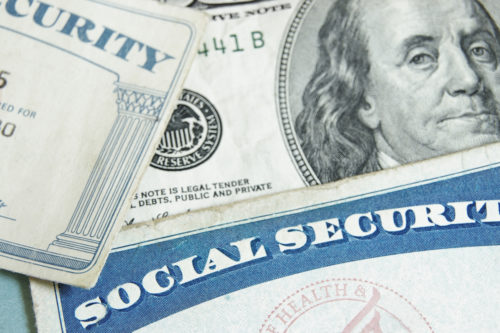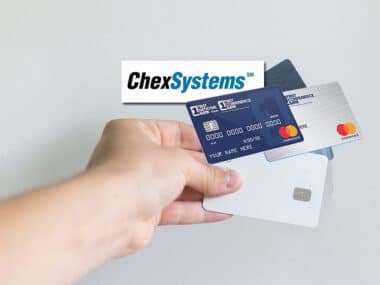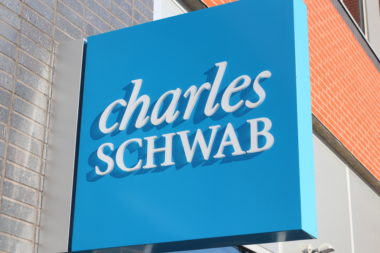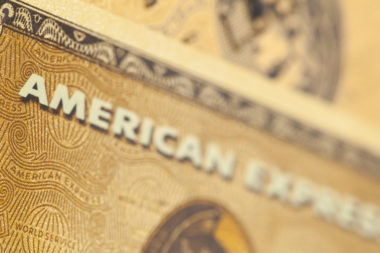Your Social Security Number is not a bank account and cannot be used to pay bills. A bank account is a private account that is managed between you and the financial institution or credit union. On the other hand, Social Security is managed by the federal government and no universal access is offered to you or U.S. citizens.
Your Social Security Number may be used as a personal identification number in many official tasks, such as pulling your credit report, checking your immigration status, or validating your identification. If you’re eligible to receive Social Security benefits, these may be provided to you for use with your own bank account. However, identification is all your Social Security Number is used for and it is not attached to a secret bank account with funds you can use to pay bills.
Table of Contents
Secret Bank Account Social Security Card Scam
A recent Social Security scam claims that you can pay your bills through a “secret account” that is linked to your Social Security Number. These scammers explain in detail how to enter your Social Security Number and other personal information into an online system to reveal your “Federal Reserve bank account number and routing number.” Some of these scammers refer to these accounts as “Social Security trust accounts” so they sound official. The scammers claim once you gain access to this account, you can spend all your potential Social Security benefits at once.
However, once you enter your personal information into the online system, you’re given a bogus account number or no number at all. These scammers now have your important personal information, which they can sell to other scammers or use themselves to commit identity theft or perform other potential frauds.
How the Scam Works
The scam works by claiming you have a secret account attached to your Social Security Number. It also claims that with a little personal information, the scammer can provide you with the account number and access to these funds. However, it’s important to understand that there is no Social Security bank account associated with your number.
You cannot draw money out against Social Security, even if you are eligible for these funds. You will receive monthly checks from the federal government if you’re eligible to receive Social Security income and this money will not be placed into a separate bank account.
What to Do
If you encounter one of these scams, don’t provide any of your information. Instead, report the scam to the Federal Trade Commission (FTC). It’s important to learn how to identify these scams before you fall victim to them.
The FTC provides extensive information on how to avoid fraud. By reviewing these tips and tricks, you can learn how to spot imposters and review certain key words and phrases that can help you identify a scam.
How Social Security Works
Your Social Security Number is not associated with an account, but is used for identification purposes. The only government agency involved in Social Security is the Social Security Board (SSB). The Federal Reserve doesn’t have anything to do with issuing Social Security Numbers or distributing Social Security benefits.
While Social Security funds aren’t distributed through bank accounts, you may be eligible to receive payments through this government benefits program. Social Security funds are collected through taxes on eligible U.S. workers’ income. The money that’s pooled into Social Security is distributed to eligible retired workers. You must be at least 62 years of age to begin collecting Social Security, but certain factors may make you eligible sooner, including if you are a person who is disabled or a widow. You will receive this supplemental income once each month, for as long as you remain eligible.
There is no cumulative Social Security fund or account created for you when you become eligible for this government benefits program. You’ll receive a check each month that you can deposit into your own bank account or use as you wish. However, you do not own these funds before they are provided to you. You cannot withdraw funds from an account at any time and your benefits cannot be liquidated. The supplemental income you receive through this program is not like the funds in a bank account and your benefit payment is provided on a monthly basis.
Is Your Bank Account Connected to Social Security?
Your Social Security Number is not connected to a bank account. The only relationship your Social Security payments may have to your own bank account is if you sign up for direct deposit of your benefits. If you opt to receive your benefits directly into your bank account and forego being issued a paper check for the funds, you will see your payment appear each month in your account. However, these benefits are only provided to your own bank account. There is no additional account associated with your Social Security Number.
It’s also important to understand that the federal government doesn’t have access to your bank account simply because it can make these direct deposits. Your bank account information is only used by the government to provide these Social Security benefit deposits each month you’re eligible for the program.
Even if you sign up for Social Security direct deposit, your bank account isn’t connected to your Social Security Number. Your bank account is simply a place for the benefits to be deposited, but is in no way associated with your Social Security Number or benefits.
Image Source: https://depositphotos.com/





